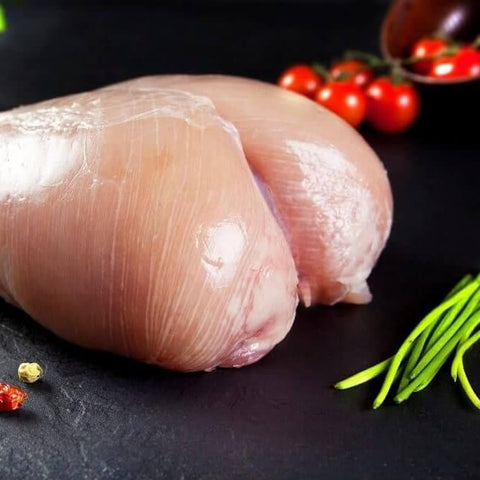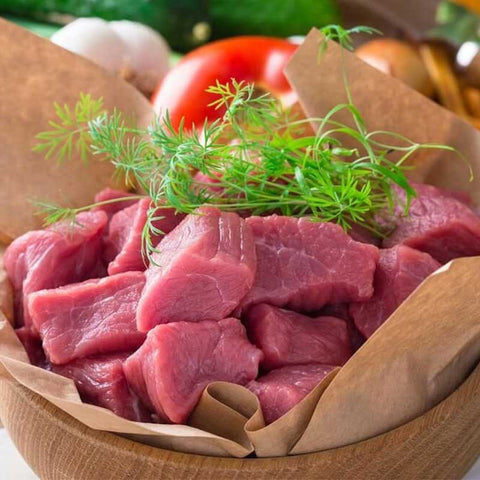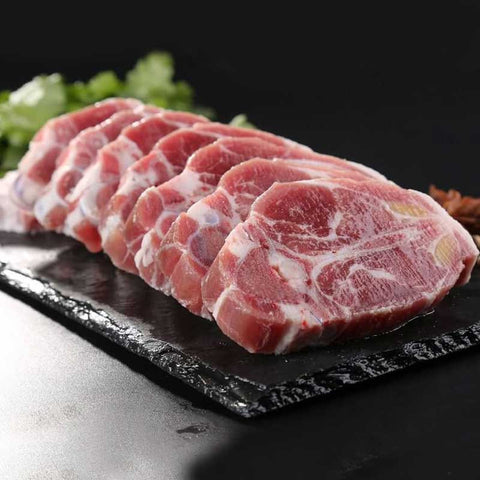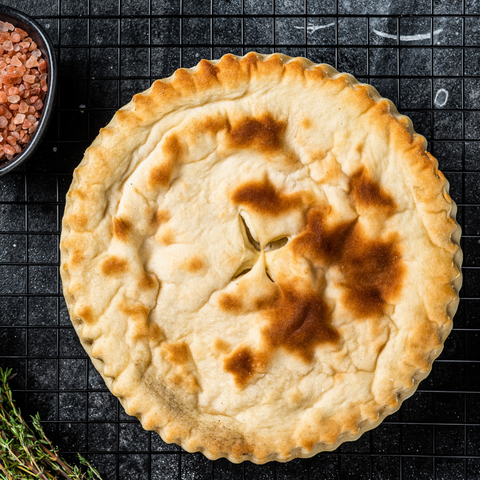Wondering when you should salt meat? Before or after cooking? Learn what salt does to meat , how it affects the outcome, and what the right strategy is, especially if you're a beginner in the kitchen.
Roasting meat is a process that has a beginning and an end. From the correct cutting, to the temperature and cooking, every detail counts. One of the most frequent questions that friends and customers ask us at siakos.gr – especially those who are just starting their contact with the kitchen – is:
"When should I salt the meat? Before cooking or after it comes off the heat?"
What does salt do to meat?
Salt is not just a flavoring “seasoning.” It has a real effect on the chemistry of meat. More specifically:
-
It draws moisture from the surface of the meat.
-
It softens the proteins and makes them more tender.
-
It penetrates the interior, enhancing the flavor.
- It creates a crust, especially if combined with proper baking.
Depending on when you add it, the result can be completely different.
Salting before cooking
If you have time to plan your meal, pre-salting is a great tactic.
How long ago?
For smaller pieces (steaks, fillets): 30-60 minutes
For larger pieces (lamb shank, veal shank): 1-2 hours or even overnight in the refrigerator
What do you achieve?
Salt penetrates the interior
The meat softens and becomes juicier.
The surface dries, helping to create a crispy crust
Extra Tip: If you salt it and put it in the refrigerator without covering it, the result is even better!
The right seasoning can transform a good piece of meat into an unforgettable dish. Whether you're grilling your first steak or preparing a Sunday dinner for the whole family, don't be afraid to experiment and add your own personal touch.








Comments (0)
There are no comments for this article. Be the first one to leave a message!